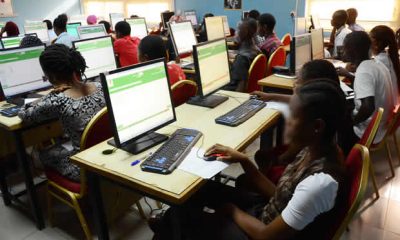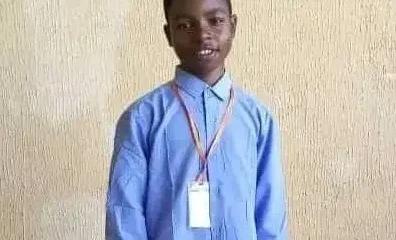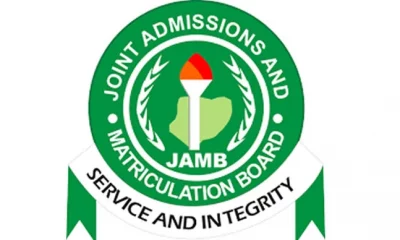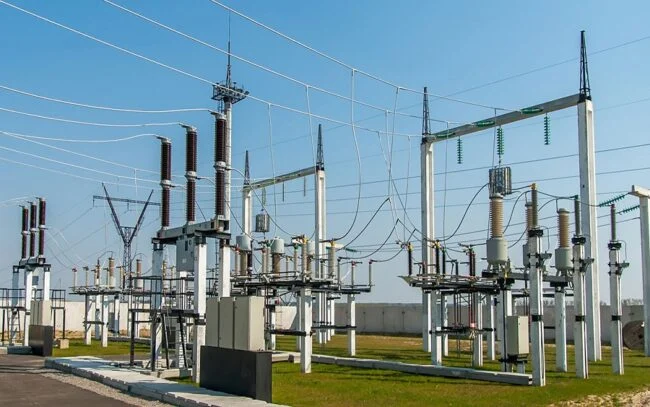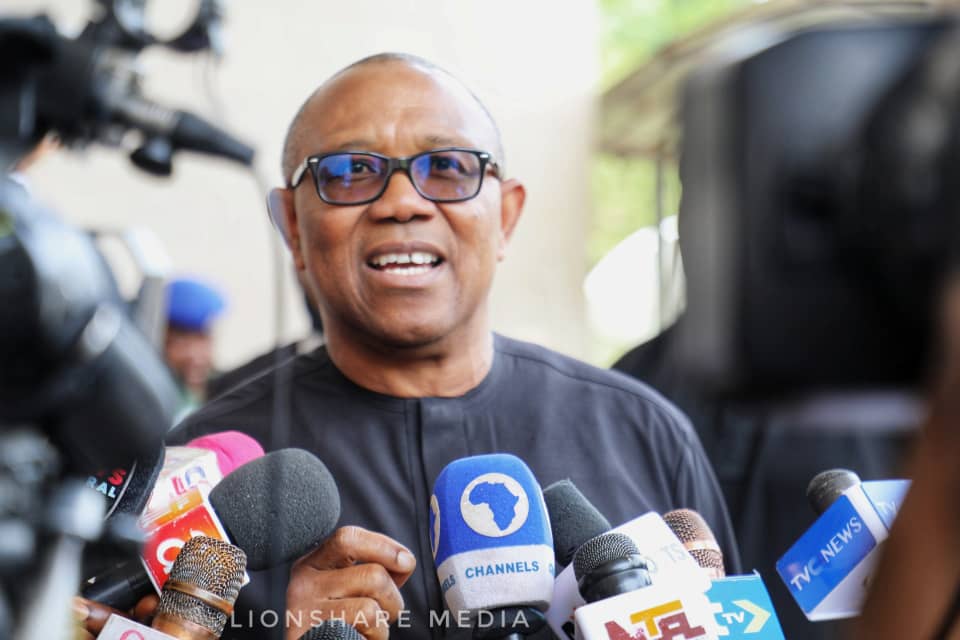News
2024 UTME: 77% of 1.8M candidates score less than 200

News
AfDB to support Nigeria’s power sector reforms with $1bn loan
Trending News
Court refuses to grant bail to Binance executive in ‘money laundering’ case
Trending News
Judiciary, not INEC, is the problem with Nigeria’s democracy, says Peter Obi
-

 News3 years ago
News3 years agoNollywood Actress Nkechi Blessing speaks on plastic surgery, big butts
-

 Entertainment2 years ago
Entertainment2 years agoDJ Dimple Nipple dropped by longtime boyfriend after claiming D’Prince allegedly demanded sex for roles
-

 News3 years ago
News3 years agoPlus size rocks: Ghanaian plus size dancer who can’t travel by air because of her size
-

 Privacy3 years ago
Privacy3 years agoSelf-imposed Oba vacates ‘palace’ after warnings by community
-

 Sports2 years ago
Sports2 years agoMeet Ashleigh Plumptre, the ‘Oyinbo’ member of Nigeria Super Falcons [Video]
-

 Entertainment2 years ago
Entertainment2 years agoIni Edo welcomes first child through surrogacy, speaks on past miscarriages
-

 Opinion3 years ago
Opinion3 years agoLeave our community, Imobi orders self-imposed Oba
-

 News3 years ago
News3 years agoHow CCTV ’caught’ Baba Ijesha molesting minor

